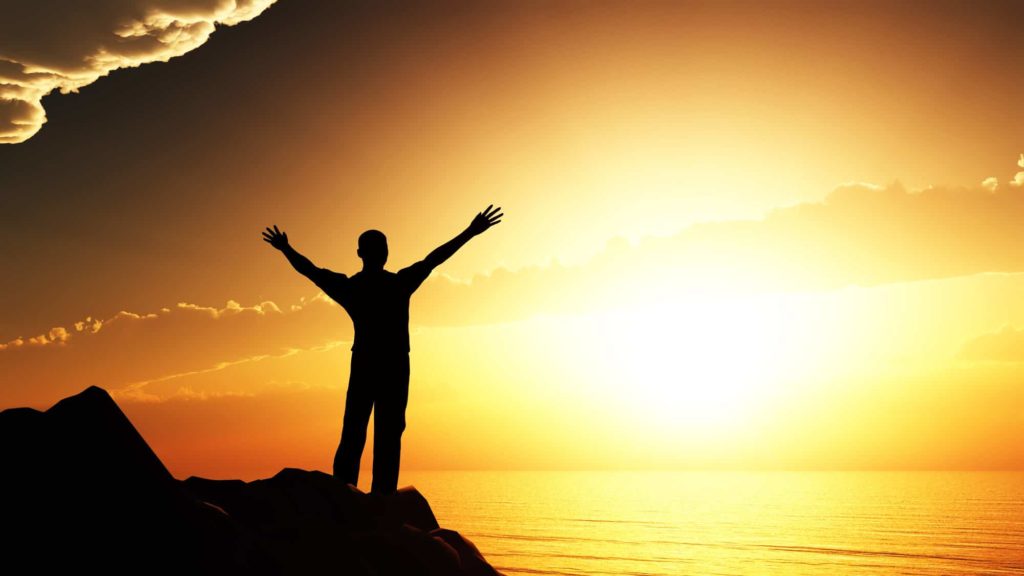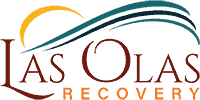
Meditation and Relaxation Can Facilitate Recovery
Stress and Relaxation in Recovery
Do you have a lot of stress or anxiety in your life? If so, you’re not alone. Our world is full of daily stressors. Many people who have used substances recreationally say that they used them to “relax” or “unwind”. People with substance use disorders admit that using substances helped self-medicate unpleasant feelings, such as stress and anxiety, and relax their inhibitions.
When it comes to abusing drugs or alcohol, self-medication is always “too much” of a good thing. There is no safe way to self-medicate, because you will grow a tolerance to whatever substance you’re using and usually end up needing more of that substance to get a similar effect. People who abuse alcohol and drugs in this manner often end up addicted. Sometimes they also end up exacerbating a mental health condition, causing other symptoms such as depression or paranoia.
How Self-Medication Leads to Addiction
Sure, using their drug of choice may have made an addicted person feel relaxed. But once a person with an addiction feels relaxed, they usually continue to use their drug of choice far past the point of relaxation. As 12-step literature often states, “One is too many and a thousand is never enough.” Once a person is addicted to a drug, they continue to use it more and more regardless of the consequences.
People with a substance use disorder have trouble regulating their use of drugs and alcohol. They are more likely to be impulsive and take risks, get in trouble with the law or overdose accidentally.
There’s nothing relaxing about addiction. What once was recreational becomes a stressor in itself. People who are addicted often have financial trouble, lose jobs and alienate their relationships. Drug use begins to feel necessary. Caught in the grip of the disease of addiction, the substance user begins to lose control of many aspects of normal, everyday life.
Recovery, Relaxation and Self-Care
Many people who begin the journey to recovery struggle with anxiety and stress. While in recovery, self-medication is out of the question. However, self-care is an important tool to acquire and can take the place of self-medicating. It’s a way to treat your mind and body well, giving you reprieve from the stresses of your daily life.
What is self-care? Self-care describes activity a person takes that helps them cope with life. Little things like taking a bath, reading a book, and going for a jog are all considered self-care measures, as long as you actually enjoy doing them.
Relaxation in Recovery
Many people in recovery find they have trouble letting go of their worries, anxiety, and stress. Relaxation and meditation can you overcome and cope with these feelings. Relaxation techniques such as mindfulness can help you center yourself and learn to live in the moment. This is important especially if you find yourself stressed out over people, places and things that you are powerless over.
Meditation is also a great way to quiet the mind and grow closer to your spiritual side or higher power. Quieting your mind and centering yourself is a great reward of meditation. It takes you out of your head and lets you learn to live in the moment.
There are many videos online to help you start with relaxation or meditation. Keep what you need, and leave the rest. Your local librarian can also help you find books to help you get started. If you’re not sure what might work for you, ask your sponsor and support network for suggestions.
Getting Help
Recovery is a journey, not a destination. Every journey starts with a first step. Pick up the phone today to get the help you deserve. We offer a beautiful, relaxing environment for you to begin healing and living without the use of substances.
Our unique environment offer not only a recovery center but a place to surf, make new friendships, heal and reflect, all while in a supportive, safe environment with your recovery peers and caring professionals. Call us at US (949) 279-1376 • MX (612) 153-5726 to learn more about your options.
